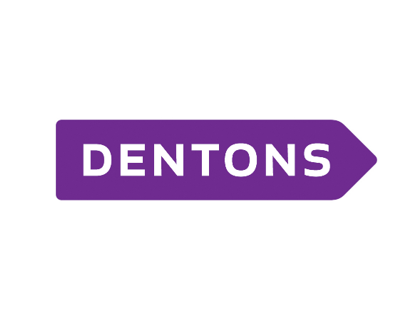
Effective Delegating in Transactions
Dentons LLP is the world’s largest law firm by headcount, with over 12,000 lawyers across 200 offices in 80 countries. Formed in 2013 through a three-way merger, it excels in corporate, energy, real estate, and cross-border legal services.
Background
In high-performing law firms, effective delegating in transactions is not just a managerial skill—it’s a strategic necessity. As firms grow and matters become more complex, senior lawyers must delegate tasks to junior colleagues to maintain efficiency, develop talent, and deliver value to clients. Without strong delegation practices, teams risk burnout, missed opportunities, and stalled professional growth.
Recognising this, a leading law firm sought to strengthen its delegation culture among Associates and Senior Associates. The goal was to ensure that delegation within transactions became more intentional, adaptive, and aligned with the firm’s broader objectives.
Need
The firm identified a clear need: lawyers were often under pressure and hesitant to delegate, fearing loss of control or inefficiency. Yet, without delegation, junior lawyers struggled to gain meaningful experience, and senior lawyers became bottlenecks in transactional workflows.
To address this, the firm commissioned a targeted workshop focused on effective delegating in transactions. The aim was to help lawyers:
- Understand their personal delegation style
- Learn how to delegate across teams and departments
- Adapt their approach based on the needs of colleagues
- Build trust and accountability in the delegation process
This training would not only improve workflow but also foster a more motivated and capable team.
Activity
We delivered a four-hour interactive in-person workshop for up to 12 participants, combining formal input with small group work and peer-led discussions. Before the session, each lawyer completed a one-page reflection on their delegation style and challenges.
During the workshop, participants explored:
- Common pitfalls in delegation and how to avoid them
- The impact of poor delegation on team performance
- Strategies for delegating across departments
- How to match delegation style with the recipient’s work preferences
- Real-life scenarios from their own practice
To reinforce learning, each participant created a personal action plan. Optional coaching follow-ups and post-workshop email check-ins supported long-term implementation.
Outcomes
By the end of the session, participants had gained practical tools for effective delegating in transactions. They felt more confident in assigning work, more aware of their colleagues’ needs, and better equipped to foster collaboration across practice areas.
Most importantly, they left with clear, actionable steps to improve their delegation habits—ensuring smoother transactions, stronger teams, and a more scalable firm.
Participant Feedback
“Very clear session.”
“There was lots of participation and interaction.”
Make an Equiry

